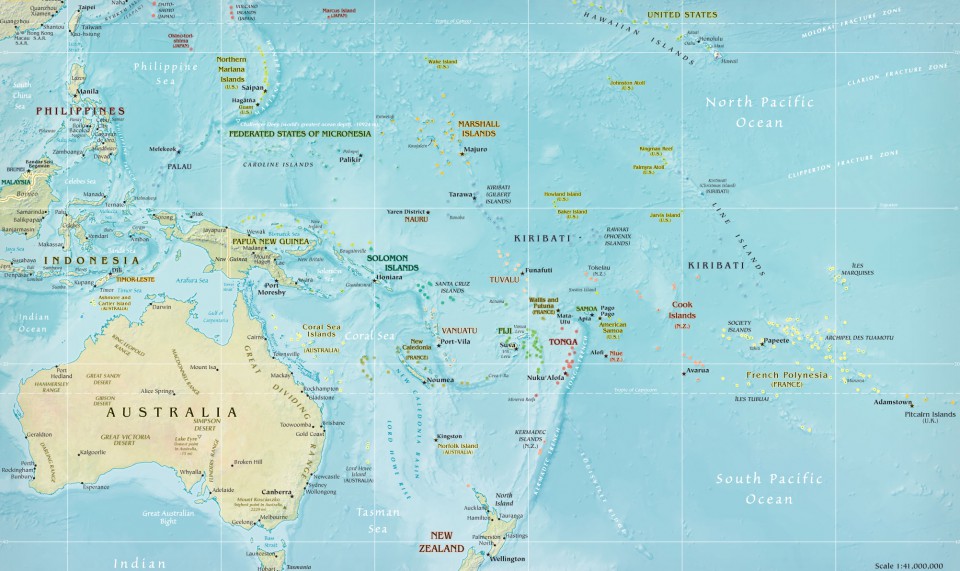Tags
Andrew peto, Children and play, Elisabeth Kardos, Ferenczi's influence in Australia, Hungarian influence upon psychoanalysis in Australia, Refugee doctors in Australia during the 1940s, trauma, What if...?
In January 1955, the Hungarian born and trained psychoanalyst – and refugee -Andrew Peto, read a paper to the Annual Conference of the Australian Society of Psychoanalysts, in Adelaide, South Australia. Written by his late wife, the child analyst, Elizabeth Kardos, ‘A Contribution to the Theory of Play’ was the summation of her ideas developed over the previous decade’s work as a child analyst in Budapest. As Peto explained in his introduction, Elizabeth died shortly after the Nazis arrived in Budapest in 1944. She left behind her daughter, Agnes, born in 1943. In 1945, Agnes, together with a woman, named only as ‘Mrs Andrew Peto’ was the subject of an application for admission to Australia. Andrew Peto, described as a psychoanalyst and physician, was the subject of a separate application. The Peto family, Andrew, his second wife, Hannah, and Hannah’s daughter from a prior marriage, finally made landfall in Australia, at Perth, on 28 April 1950. They travelled on in Melbourne where they stayed with Clara Geroe and her family. By 1951 the family had moved to Sydney.
Prior to the war, in early 1939, Andrew Peto and Elizabeth Kardos were part of a group of European analayts that applied for visas to New Zealand. But that government refused them – perhaps reflecting the advice of Dr Stuart Moore who stated that psychoanalysis would not find much support in that country.
The group had to turn elsewhere. Encouraged by Ernest Jones, and perhaps by the information that the Australian Government would accept 30,000 refugees, the Geroe family applied, successfully, for a Visa to Australia. Kardos and Peto also applied, following the Geroes, to Australia House in London. But while the Geroe application, made in her husband’s name was being considered, Kardos and Peto were advised that a previous application, made directly to Australia, would be considered only in Australia. On 13 January 1940 the Geroe family was advised their application was successful- not because Clara Geroe was a psychoanalyst nor, especially, because she had a child. Vilmos Geroe, a qualified accountant with experience in a factory making fire-proof bricks provided the grounds for acceptance.
It is unlikely that Peto and Kardos were ever serious contenders for visas. None of the psychoanalysts who applied for Australian visas were successful. At the time, the Australian Branch of the British Medical Association was strongly campaigning against the admission of European qualified doctors. In the meantime, Mr Carrodus, head of the Department of Interior, and charged with the administration of refugee matters, cut the proposed intake to 15,000. The government preferred British migrants.
Peto did not stay long in Australia. He and his family departed for New York in October 1956, six and a half years after their arrival. During his time in Australia Peto had worked with Geroe, Frank Graham and Roy Coupland Winn to establish the Australian Society of Psychoanalysts in 1953, drawing together the interests of the newly formed Sydney Institute of Psychoanalysis (1951) and the Melbourne Institute. He conducted seminars, wrote papers, provided supervision and took on a trainee, Maida Hall. Janet Neild, a child analyst who had begun her training with Clara Geroe, moved from Melbourne to Sydney for further education and supervision with him.
The reason commonly given for Peto’s departure centres around the BMA’s reluctance to recognize Peto as a medical practitioner. But upon considering the opening lines of his paper, it is to wonder about the trauma Peto carried with him along with the rejection of this new country in which he had tried to settle. It may be that he saw Australia as a stop along the way to the United States. But the question remains. What if… the Australian Department of Interior had been less locked into its preference for British migrants? And What if… the BMA had been more open? There are clearly more stories to tell.
Here is a link to the introduction to Kardos’ paper – Peto’s elegy to the brilliant woman who was his wife. An original copy is in Geroe’s archive.
